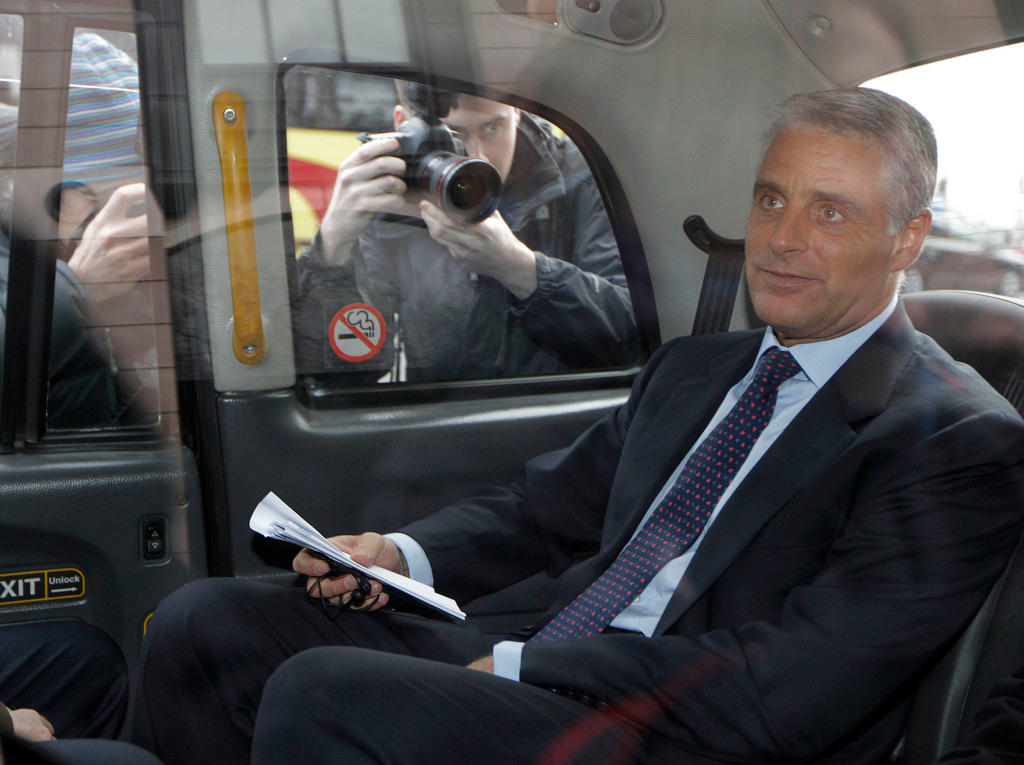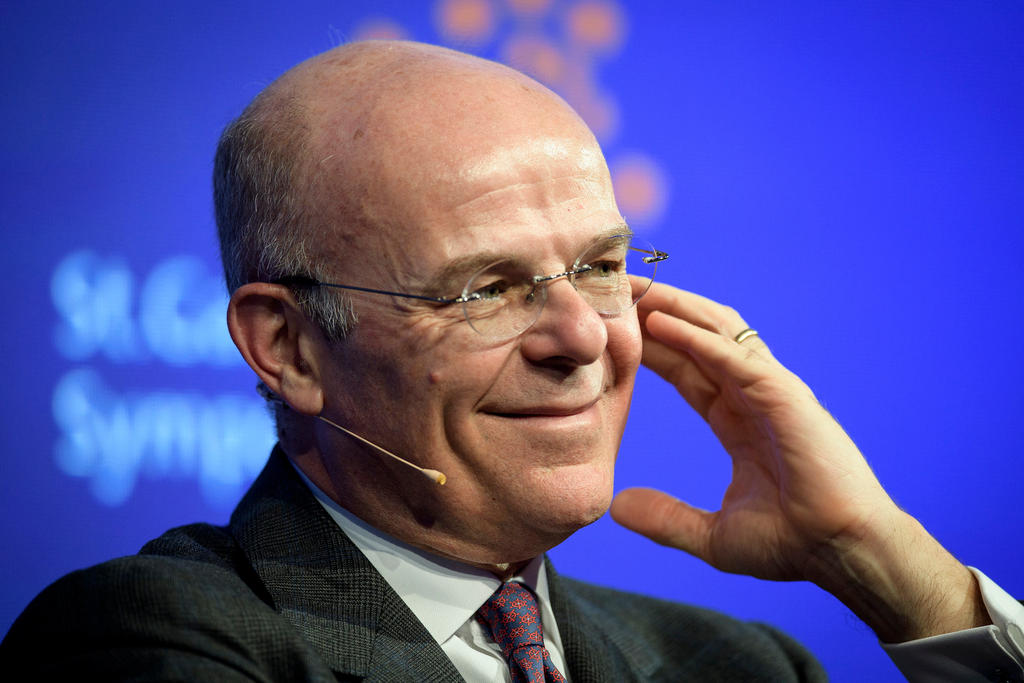If investors don’t overhaul banker pay, populism will

When UBS, humbled by its near collapse in 2008, vast misconduct fines and a rogue trading scandal, began a corporate overhaul in the wake of the financial crisis, the Swiss bank went further than most rivals.
It slashed the parts of its investment bank that made little or no money. It hired a new chairman – former Bundesbank boss Axel Weber – to bring a sharper focus on governance. Chief executive Sergio Ermotti brought better operational discipline. And it added bells and whistles to the pay reforms introduced across the banking sector, revamping bonus structures to ensure that staff did not profit in the short term by taking risks that could play out over many years.
The news last week that Santander was abandoning its planned hire of UBS investment bank boss Andrea Orcel as chief executive, highlighted an odd side-effect of those pay reforms. Thanks to a complex system that mixes cash, shares, bonds and other perks, paying them out over a seven-year period, the aggregate value of Mr Orcel’s outstanding deferred pay on leaving UBS was about €50m. Santander decided it was not prepared to stump up.
A combination of stubbornness on Mr Orcel’s part, and late-stage nervousness on Santander’s, seems to have persuaded Ana Botin, who chairs the Spanish bank, to rescind Mr Orcel’s appointment as CEO.

There is no way of knowing whether that calculation was commercially the right one. The share price barely moved on the news. Given the turnround at UBS, much of it overseen by Mr Orcel, perhaps it should have. UBS’s stock is up 30 per cent since he started in his job in mid-2012. Over the same period, Santander shares have fallen more than 10 per cent. Having contributed to a SFr12bn uplift in UBS’s market value, with the prospect he could also have supercharged Santander, Mr Orcel’s €50m price almost looks modest. That certainly would have been his pitch.
Claw backs
There are three lessons to take away from this mess.
First, UBS’s pay structure seems to have served its purpose – rewarding good performance, and holding pay back over a long period in case long-term risks blow up. There is some evidence of these schemes working elsewhere when performance dips or scandal hits. John Stumpf, the former Wells Fargo boss, is a case in point. Following the 2016 fake customer accounts scandal that lost him his job, $69m of his pay was clawed back, about a quarter of the aggregate $286m he earned over the previous six years. That should be a cautionary example for others.
Second, the growing disclosure requirements on pay do not seem to function very well. Indeed, the increased complexity of post-crisis remuneration may have undermined the transparency drive. The value of Mr Orcel’s deferred pay is only known because multiple sources have confirmed it, not because it is easily visible in UBS disclosures. The most recent annual report information implies he has SFr15m (€13m) of shares.
Third, there is no escaping the fact that banker bonuses – however cleverly they have been restructured – remain vast and out of kilter both with the kinds of modest profits that banks generate these days and with public anger about high pay.
Messy populism
The US is an exception. The Trump administration itself triggered some big executive payouts. Ex-Goldman Sachs president Gary Cohn set the high watermark when he took a government job at the start of 2017. Mr Cohn emerged with a $285m package of shares accumulated over many years, with government service tax breaks attached.
In much of the rest of the world, though, high pay is politically toxic.
One irony of what has happened with Mr Orcel is that Santander has always had a high-pay culture, albeit one that incentivises long careers at the bank. One previous chief executive, Alfredo Sáenz, retired in 2013 with an €88m pension pot.
But these are different times. Santander’s decision not to hire Mr Orcel was in part motivated by today’s political context. Paying up to hire him would have inflamed anti-business sentiment in a country where the Socialist government is supported by the Podemos populist party. Well-structured pay is clearly in shareholders’ interests. But if investors fail to curb high payouts, populism will. And as Mr Orcel’s story illustrates, that can be messy.
Copyright The Financial Times Limited 2019

In compliance with the JTI standards
More: SWI swissinfo.ch certified by the Journalism Trust Initiative











You can find an overview of ongoing debates with our journalists here . Please join us!
If you want to start a conversation about a topic raised in this article or want to report factual errors, email us at english@swissinfo.ch.